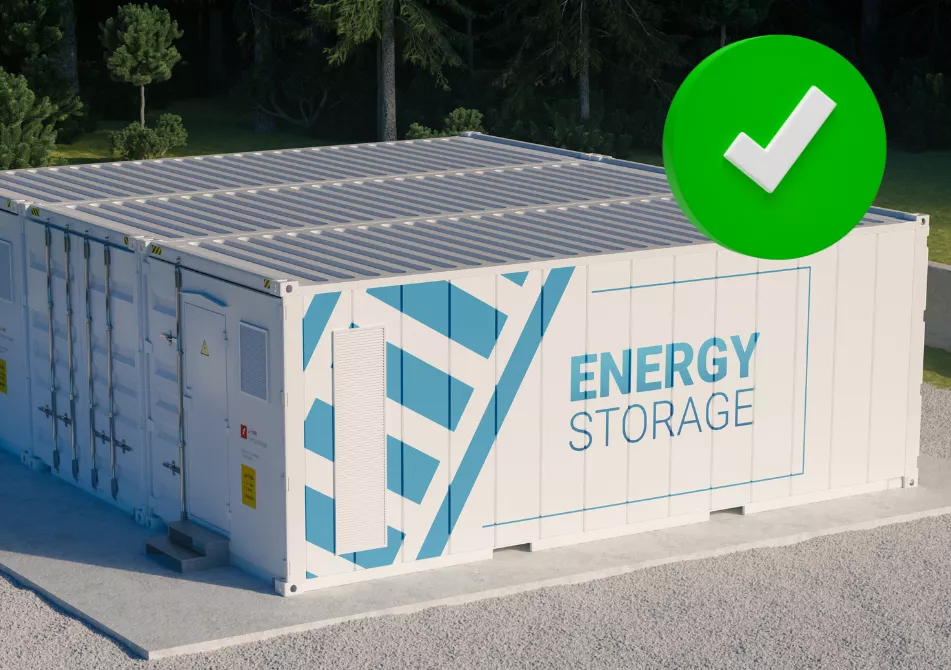
Original image is an artist rendering by Petmal via Canva, edited by Sierra Club
By Cyrus Reed
Last week, the Public Utility Commission of Texas did something right. When our state grid operator, the Electric Reliability Council of Texas (ERCOT), proposed to adopt new rules that would make it harder for energy storage to operate, the Commissioners rejected it.
For the most part, this is about big battery systems that provide crucial backup power when our grid is running out of power. Their role in maintaining the grid during extreme heat and cold has grown significantly in the past couple years.
There have been several attempts to distort the market in favor of polluting power plants at the Texas Legislature, but special interests have also been using ERCOT rulemakings as a less visible venue to adopt unfair regulations.
The proposal (known as NPRR 1186) would have required battery facilities to show ERCOT - before they provide any service - that they have exactly the amount needed to provide that service, and if they don’t they can’t provide the service. What’s the problem with that? Well, no other type of generation is required to do that (coal, gas, nuclear, solar, wind, etc.) In addition, the proposal would have calculated it in a very restrictive manner meaning facilities would actually have to have more than they need to provide the service. Essentially, ERCOT rules would have prevented batteries from providing the very services they are most able to provide when we need them the most.
There were other parts of the proposal that were less controversial, including ensuring that ERCOT receives more data about how battery storage facilities operate so that they can be more confident relying on batteries as the new resource grows significantly in Texas.
This victory would not have happened without a wide variety of stakeholders, including battery operators like Jupiter Power, Key Capture, ENGIE North America, Plus Power, Spearmint Renewable Development Company, and Eolian and retail electric providers like Octopus Energy, as well as the Sierra Club, opposing the ERCOT version of NPRR 1186 through the stakeholder process.
The campaign to transition to clean energy, lower utility bills for all Texans, and strengthen our electric grid is far from over, but we must celebrate victories big and small when they happen!
[For more details about the PUC decision, check out coverage from the San Antonio Express-News (subscription).]